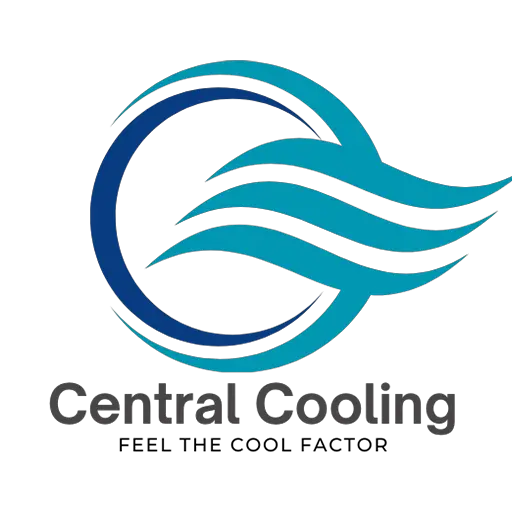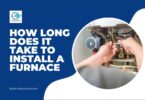Introduction
A furnace serves as the heartbeat of your home, circulating warmth through its airflows. While modern technology has contributed to quieter heating systems, absolute silence remains elusive due to the inherent nature of air currents generating heat. If your furnace emits a high-pitched whistling sound akin to a tuning fork, several factors might be at play. Read this article to fix whistling furnace and ensure your home’s comfort.
Identifying the Cause of Whistling
1. Airflow Leaks:
A whistling noise might indicate an airflow leak within the system. This isn’t necessarily a result of a duct issue but could stem from a faulty duct connection or a component, such as a fan, exerting more power than its predecessor, leading to a modified and potentially noisier system.
2. Lack of Return Airflow:
Whistling sounds from the duct could signal insufficient return airflow. The system’s fans attempt to draw in a specific amount of air, encountering resistance due to inadequate return airflow. This heightened pressure and velocity can manifest as an unpleasant squeaky sound.
Quieting Your Furnace: DIY Solutions
While professional intervention is recommended for furnace issues, there are steps you can take to potentially alleviate whistling noises:
1. Clean Ducts:
Remove any dirt or debris from the ducts, preventing clogs that might contribute to whistling noises. Ensure both supply and return ports are unobstructed.
2. Check Ventilation:
Open all vents in every room, even those not in use, and ensure no furniture or items block the ventilation slots. Keep all doors within the house open to facilitate smooth airflow.
Common Causes of Furnace Whistling
1. Air Filter Clog:
Regularly inspect and clean or replace the furnace air filter. A clogged filter impedes airflow, potentially leading to various issues, including internal damage, compromised air quality, and the emergence of a bothersome whistling sound.
2. Dirt Around the Blower:
The fan, or fan “wheel,” plays a crucial role in heating and cooling. Inspect the blower for dirt accumulation, as debris can harm furnace motors, reduce efficiency, and result in overheating and whistling noises.
3. Loose Set-Screws:
Tighten any loose screws in the fan bracket, as a loose screw could contribute to strange noises, including whistling.
4. Faulty Capacitor:
A malfunctioning capacitor can lead to furnace shutdowns and unusual whistling sounds. Professional assistance is advisable for addressing capacitor issues.
Importance of Professional Repairs
Engaging a heating professional is crucial for safety and cost reasons. Attempting to pinpoint and repair air leaks without proper knowledge or equipment poses safety risks. Professionals possess the expertise to identify and rectify issues, ensuring the system operates efficiently and safely.
FAQs (Fix Whistling Furnace)
1. How does a faulty furnace blower motor sound?
A loose or broken-off part in the motor or blower assembly can cause thumping, banging, or clanking sounds. Immediate furnace shutdown is recommended in such cases, with a professional inspection required before restarting the system.
2. Why is the blower on my heater squealing?
Blower motor bearing failure is a common cause of squealing. Worn-out bearings result from constant friction during the blower motor’s operation, necessitating bearing replacement.
3. Why is my furnace suddenly so loud?
A sudden increase in noise, such as screeching or whistling, may be due to a clogged air filter. Adequate airflow is essential, and addressing filter issues promptly can resolve the noise problem.
4. How do you repair a furnace that is making a high-pitched noise?
A professional HVAC technician can inspect the unit and replace any loose, worn-out, or broken parts. In cases where a belt-driven motor is present, realigning or replacing damaged belts can often resolve the issue.
5. Why does my furnace have a whistling sound?
Whistling sounds may result from wear on the motor’s bearings due to age or overheating. Overheating can be caused by dirt accumulation or a faulty capacitor. A lack of airflow is another common cause of high-pitched whistling sounds.
Addressing furnace noises promptly through a combination of DIY measures and professional assistance can surely fix whistling furnace and ensures a quieter and more efficient heating system.
Disclosure: We may get commissions for purchases made through links in this post.








